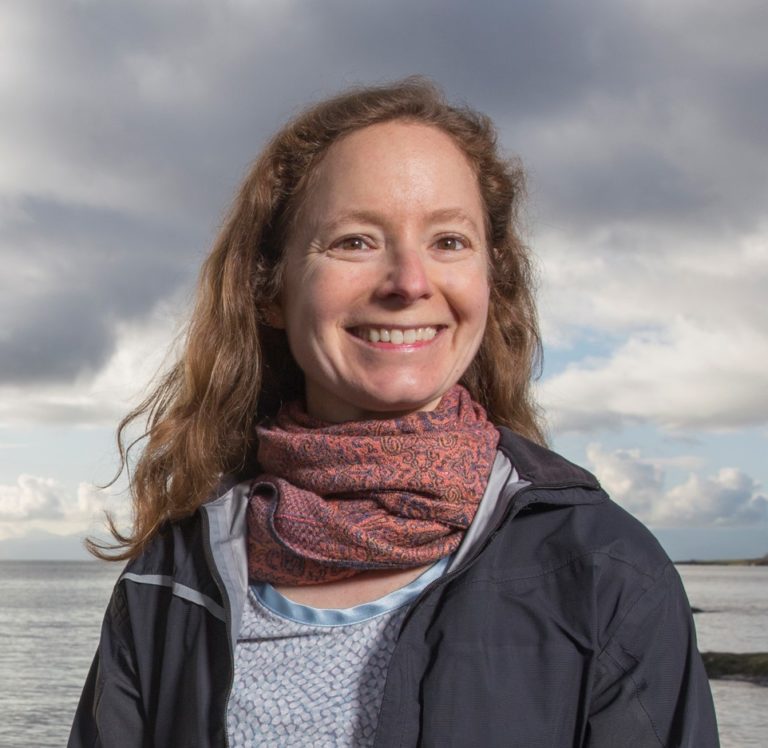
What is your day-to-day research focus in Canada?
We – myself and people in my research group – are interested in the intricate ties between people and the environment, especially in coastal and marine systems, and implications for biodiversity conservation and sustainable use. Our interdisciplinary research investigates social and ecological themes to better understand how social-ecological systems function – and, in turn, how we can improve our stewardship for a better future for people and biodiversity. While we collaborate a lot internationally and occasionally work in other countries, but most of our research happens where we are usually based in what is currently known as British Columbia, Canada. At the heart of all our work is applied collaborative research. This means most of our projects are done in partnerships with Indigenous and other governments and organizations across sectors that engage in environmental conservation and stewardship. Particularly prevalent themes in our research include: Supporting Indigenous-led environmental stewardship; marine spatial planning, and marine protected area design and monitoring; and fisheries management and reconciliation
How do you engage in marine interdisciplinary and transdisciplinary research?
Much of our research is applied and problem-based, which means that we use diverse methodologies, methods, and tools to answer research questions. Almost all of our research is thus interdisciplinary and transdisciplinary, and involves working in teams that include academic and non-academic partners. Our approach is thus very practical: involve people from within and beyond academia who have expertise and experience relevant to answering the research question. Much of the literature that we engage with is also inherently interdisciplinary, such as conservation science, social-ecological systems, resilience, and common pool resources, lending theoretical underpinnings to our research.
Why did you seek to connect with CMS?
My research has so many overlapping themes with CMS researchers that I was very excited to be based in Hobart for three months to connect with CMS researchers. Some CMS researchers I already knew from past collaborations, including while I was a postdoctoral fellow at James Cook University over a decade ago, whereas others I first met during my time here. There are very few academic groups that are as interdisciplinary and transdisciplinary as CMS, and I was excited to learn more about CMS, and CMS researchers.
What connections and opportunities have you gained during your time here?
It’s been a fantastic and productive few months. My visit start with having the opportunity to help out with the week-long CMS Spring School (October 2023), where I met many of the inspiring early-career participants, and the incredible researchers who shared their expertise during the School. This set me up very well to then have more in-depth conservations with CMS researchers and others. I consumed many, many coffees! Connections ranges from rekindling past collaborations, to dreaming up potential future research to collaborate on. I also gave several presentations, including at the Spring School, at the CMS/UTAS Taroona seminar series, and to Parks Australia, while also co-hosting a day-long workshop (co-convened with Dr Rowen Trebilico). I’ll be leaving inspired by the research that happens here, hoping to stay in touch with the many people I met, and grateful for the warm welcome I received.
